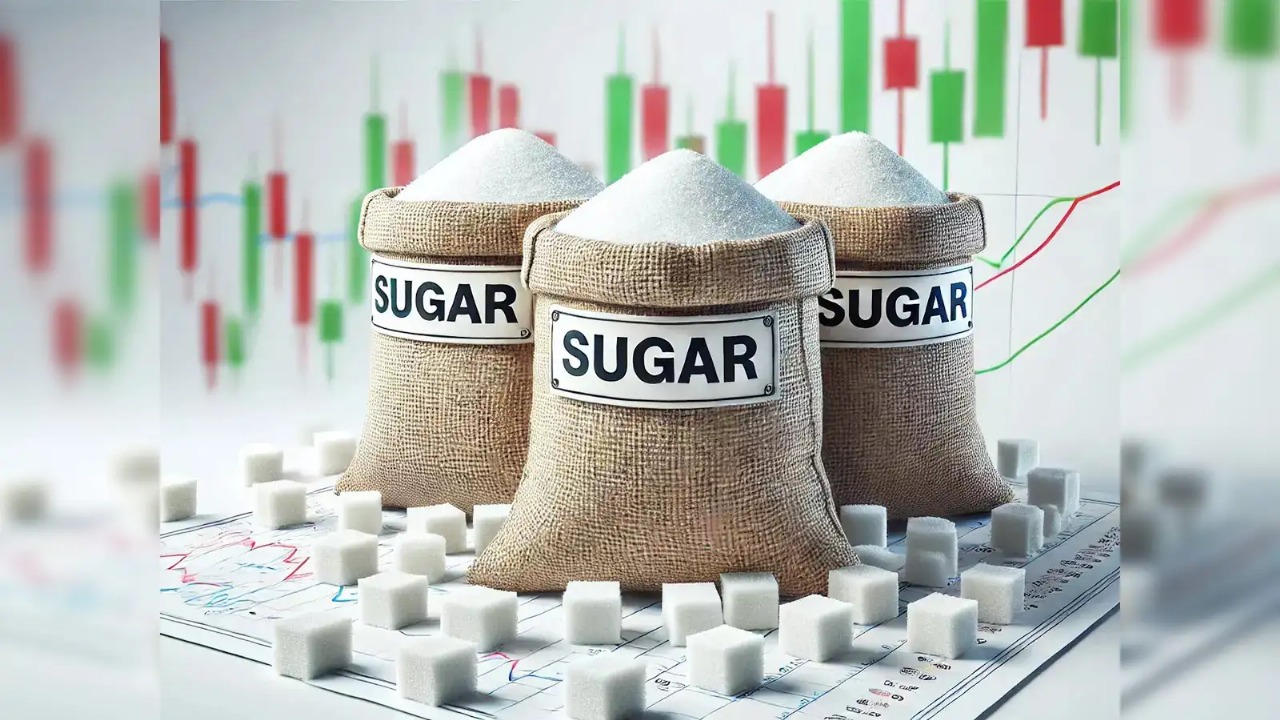The Indian stock markets opened with compelling gains in sugar sector shares, surging between 3 to 5 percent in pre-market trading after the government announced a landmark decision permitting unrestricted ethanol production from sugarcane juice, syrup, and various types of molasses for the 2025-26 supply year. This policy shift marks a critical strategic move supporting India’s ambitious biofuel blending targets while simultaneously providing significant support to the sugar industry and associated stocks.
Key Highlights of the Policy Shift and Market Impact
Ban Lifted on Ethanol Production Sources
Starting November 1, 2025, sugar mills and distilleries are allowed to produce ethanol from sugarcane juice, sugar syrup, B-heavy molasses, and C-heavy molasses without any quantitative restrictions. This reversal from previous limits offers manufacturers enhanced flexibility and potential for increased ethanol output, advancing India’s energy diversification plans.
Boost to Ethanol Blending and Biofuel Ambitions
India’s goal to achieve 20% ethanol blending in petrol by 2025-26 is now more achievable with unrestricted production from these abundant feedstocks. Earlier restrictions were imposed due to sugarcane shortages, but recent favorable monsoons have improved crop prospects, ensuring steady sugarcane availability.
Positive Response from Sugar Sector Stocks
The announcement triggered an upbeat sentiment in the stock market, with shares of major sugar producers such as E.I.D.-Parry, Balrampur Chini Mills, Shree Renuka Sugars, Bajaj Hindusthan, and Dwarikesh Sugar rallying significantly. Investors anticipate higher revenues from ethanol sales, which serve as a lucrative alternative to volatile sugar markets.
Strategic Economic and Environmental Implications
By allowing ethanol production directly from sugarcane juice and molasses, India enhances its biofuel supply chain resilience. This also helps reduce dependence on crude oil imports, mitigates carbon emissions, and supports cleaner fuel alternatives, aligning with the country's climate goals.
For the sugar industry, ethanol provides a buffer against price volatility in sugar markets. Ethanol production supports more profitable use of surplus sugarcane, enabling mills to stabilize financial health and assure farmers better returns.
Sector Challenges and Government Oversight
Despite the liberalization, the government will closely monitor ethanol production volumes relative to sugar output to maintain domestic sugar availability and price stability. Coordination between the Food Ministry and Petroleum Ministry will ensure neither sugar prices spike nor ethanol supply falls short.
However, challenges remain as ethanol pricing still lags behind rising sugarcane costs, impacting profitability and production decisions. Industry stakeholders urge a revision of procurement prices to motivate greater ethanol production and benefit farmers.
Market Outlook and Future Prospects
With these policy reforms, India is poised to expand ethanol production capacity significantly, supporting its clean energy transition. The sugar industry is expected to divert an increased quantity of sugarcane to ethanol, potentially reaching around 5 million tonnes, up from 3.5 million tonnes in the current season.
Analysts foresee continued interest from investors in sugar stocks as improved ethanol economics boost margins and growth prospects. In addition, the government’s commitment to promoting flex-fuel vehicles and higher ethanol blend targets beyond 20% by 2030 further underpin optimism in this segment.
Conclusion: A Sweet Boost for Sugar Stocks and Sustainable Energy
India’s decision to lift restrictions on ethanol production from sugarcane juice and molasses offers a dual advantage of supporting sugar industry stability and accelerating biofuel adoption. The resultant surge in sugar stocks highlights investor confidence in this strategic policy direction, heralding a promising phase for producers and contributing to India’s energy security and environmental goals.
Sources: Reuters, Ministry of Consumer Affairs, Food & Public Distribution, Business Standard, Deccan Herald, Indian Sugar and Bio-energy Manufacturers Association (ISMA), Yahoo Finance, Argus Media.
